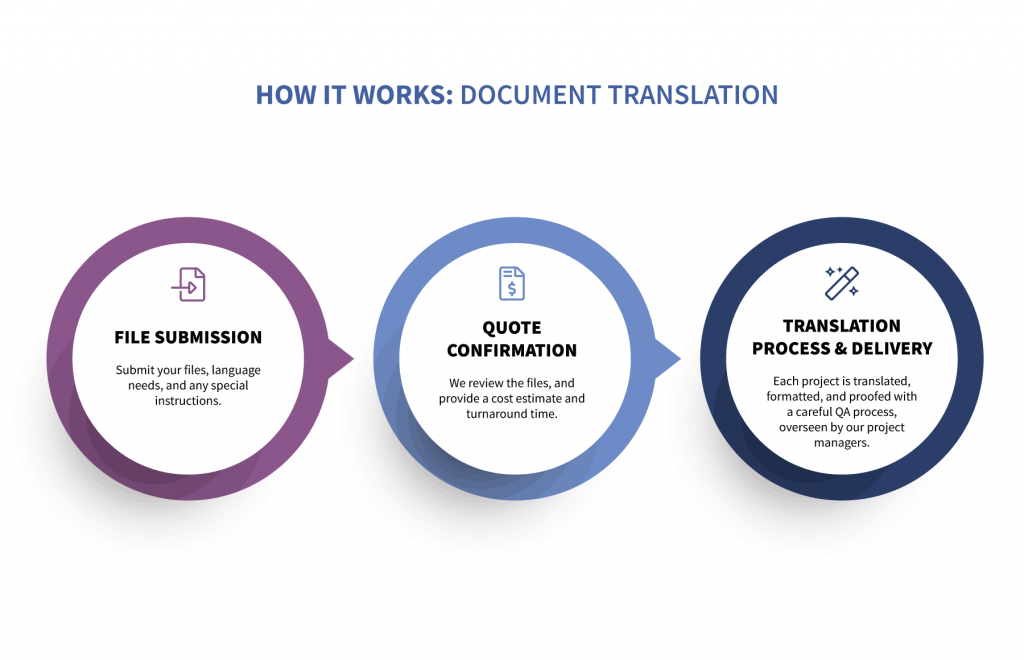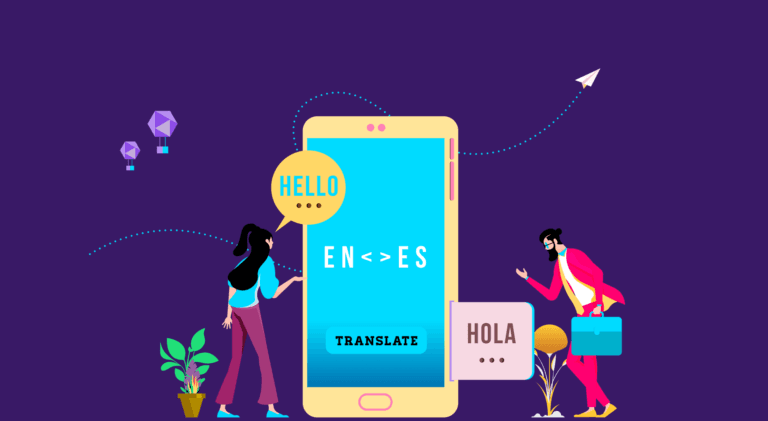Go Global With Multilingual Legal Document Translation Services

Legal translation is not just about translating text from one language to another, as with most other translations. Certain peculiarities are attached to it, given that legal language has a shifting quality. It is not static and changes with every culture or country where the law is applied. This attaches a high level of difficulty to the legal document translation and hence, requires a certain degree of expertise.
Legal translation is a field that translates legal document from one language to another, ensuring that the meaning and connotation of the original text is maintained to the fullest.

Salient Features of Legal Translation
Even though laws are related to the everyday aspects of human life, legal translators need not only profound knowledge of the law of the land, its concepts, and terminology, but they should also be well aware of the country where the law is being applied.
For example, suppose you are looking to translate document in English from Spanish to sign a contract. In that case, the legal translator you hire should be chosen not only on his language proficiency but also on how well aware he is of the culture and terminology of the Spanish language. A simple word in English can have a different connotation in Spanish if one goes by the literal meaning.
Another distinguishing aspect of legal translation is that it amalgamates almost three disciples – the legal theory, language theory, and translation theory. This takes it away from the realm of ordinary to the people who are well versed in all three disciplines.
Among the various documents that can be translated related to law, here are some of them:
- Contracts
- Policies
- Legal statements
- Complaints
- Confidentiality agreements
- Wills and trusts
- Non-disclosure agreement
- Court and witness transcripts
- Legal disclaimers

Importance of Legal Translation Services
When looking for a translator or legal document translation services, you must cross-check a few facts before handing over the task. Any error on their part can have far-reaching implications for you or your company.
Remember these facts to ensure that the outcome meets your end objective.
- The translation team must be familiar with the business and legal practices of the country under question. It should have some years of experience in dealing with the country’s language.
- There are not only differences in languages among countries, but also in the way the legal document is formatted. You have to keep this fact in mind as well at the time of hiring legal services provider.
- You have to ensure that the same tone and tenor of the language is maintained as in the original, or it may give rise to misunderstandings.
- You also must ensure that the translating team is qualified to undertake the task and is not found wanting in professionalism. It is always good to cross-check their credentials with your peers who may have previously availed of their services.
- While machine translation may speed up the process, a machine still cannot capture the nuances of language. You have to ensure that the legal translator services are striking the right balance of human and machine interventions to come out with documents with a great deal of reliability.
Why You Need a Legal Document Translation Service
1. The law requires it
Many banks, courts, and other institutions require legal documents from other countries notarized by certified professionals. A competent legal document services company can handle just that for you.
2. Needs a professional job
Legal documents are meant to protect your interest. Any lousy job by a bilingual person known to you can easily botch up the job and create legal implications that can keep you tied up in a legal battle for years.

3. The stakes are too high to depend on Google translator
Google Translate is good for translating emails when the recipient does not expect you to be correct to the T. But the legal documents are a different ball game altogether. The tonality of the original has to match the translated document.
4. Legal writing is difficult to decipher, even for the native speakers
Legal language, as it is, difficult to understand for most people. It is often packed with arcane language. The difficulty is compounded when dealing with foreign languages. When dealing with bureaucrats of other countries, it is good to be backed up by a legal document translator who can be at hand for negotiating through the tedious legal processes.
Strategic Use of Machines
Machine translation and other time-saving technological tools have to be deployed in direct correlation with the time constraints. The algorithm-based solutions add extreme processing power and may be useful in identifying the devil in details. But we have not reached technological development that can completely replace human ingenuity. Ultimately, the balance between technological and human solutions will come down to the processes you create and the items under review.
The world is increasingly headed towards tech-based globalization. There is a growing frequency of legal deals across the multilingual world. A strong legal document translating service backing for any global business is important, as any error can mean financial loss and legal complications. Identifying and forging a long-term partnership with a legal translation services provider can play a pivotal role in keeping up your company’s growth momentum.
FAQs
As you take the business beyond the shores of your country, you will be exposed to the laws and contracts of other countries. It would mean getting the documents in English translated into other languages. You may be dealing with many countries at the same time. It is often difficult to have a wide array of experts under your roof. Still, there are legal translating services that have the necessary linguists, technical experts, and lawyers who can combine to provide you with the best solutions.
The translator of the legal document must know the legal system of the country they are operating in. Additionally, they should have a very good command of both languages and be aware of the nuances of the varied legal terminology. It is always good to have a certified and accredited translator or agency with such lawyers cum translators. They should have a good academic background in law and foreign languages. More importantly, they should specialize in the branch you need and have exceptional writing and communications skills.
The primary difference between translation and transcription is that translation involves converting material into another language, while transcription involves only one language. Moreover, translation is often more complex than transcription.
With translation, the document translator is not just putting it in another language but is also taking care to express the exact sentiment using the other language. Not all phrases can be directly translated into other languages. The same phrase in another language could convey different thoughts. A document translator’s job requires critical thinking and expertise, making the process more challenging.
Latest Blogs
Explore how Google’s 2025 AI search updates triggered ranking chaos. Learn actionable strategies to adapt your SEO for AI Overviews, zero-click searches, and SERP volatility. Stay ahead now.
Learn how to rank on AI search engines like ChatGPT, Perplexity, and Gemini by optimizing your content for authority, structure, and relevance. Stay ahead in AI-driven search with this strategic guide.
Explore the best healthcare SEO services for your medical practice. Improve online visibility and effectively reach more patients in need of your services.
Get your hands on the latest news!
Similar Posts

Translation
5 mins read
All You Need to Know About Language Translation and Terminology Management

Translation
5 mins read
6 Reasons to Translate Content into German

Translation
5 mins read